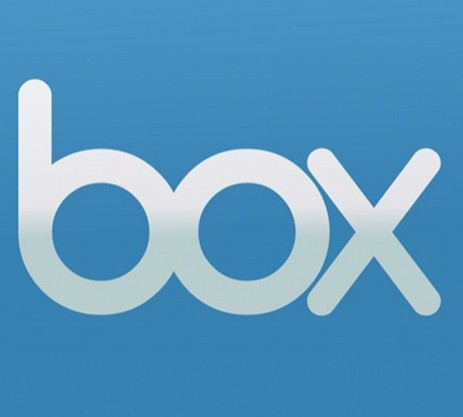Can Box.net Challenge Amazon and Microsoft in the Cloud?
ANALYSIS

Box.net, a cloud computing services provider based in Palo Alto, Calif., raised $81 million in a Series D funding round led by Bessemer Venture Partners, NEA, prior investors Draper Fisher Jurvetson Growth and Andreesen Horowitz, and strategic investors SAP Ventures and Salesforce.com. With the latest round, Box.net has raised $162 million in funding to date, reportedly earning a valuation above $600 million.
Box.net will reportedly utilize its new funds to develop new products, expand internationally, and build more data centers here in the U.S. in order to compete with larger competitors. But the most exciting project happening at Box.net is the Box Innovation Network, which seeks to provide funding, consulting, and other resources to developers who want to build applications on the Box platform.
Box is helping organizations make better decisions faster by bringing new innovation to business information, said Jai Das, managing director, SAP Ventures. As an investor and partner, we're excited about how Box is reinventing content management and collaboration, and look forward to working with them to make customers more productive.
Box.net also announced a new platform called the Box Innovation Network (/bin), which is designed to create an ecosystem for enterprise and mobile applications.
We need to provide an amazing experience for the 100,000 businesses already using Box, including 77% of the Fortune 500, while growing our global user base at an unprecedented pace, said Box.net CEO and co-founder Aaron Levie in a blog post. We need to invest aggressively in scaling our team and infrastructure - two things that will always require significant capital, when done correctly.
Box.net, which boasts 7 million users and stores over 300 million documents, is a platform for collaboration, social, and mobile cloud computing. The company was founded in 2005 by Levie and Dylan Smith, who both designed the service while attending college across the country from one another--Smith attended Duke University in Durham, North Carolina, while Levie attended school at the University of Southern California in Los Angeles. The project, which sought to provide cheap online data storage to the masses, initially garnered attention from HDNet chairman and Dallas Mavericks owner Mark Cuban, who provided the fledgling start-up with angel capital.
Five years of steady growth and four rounds of investor funding later, Box.net has evolved into more than just cloud storage; the program is a comprehensive application for communication, remote syncing, and collaboration. Currently, 100,000 businesses utilize the Box.net platform, with 250,000 new users signing up each month.
Box.net may be symbolic of a greater trend towards the cloud, but the real reason behind this company's success streak is because of its dedication to quality. Both Levie and Smith have been said to have incredible work ethic and attention to detail, and the two co-founders have been busy constantly tweaking and adding valuable functionalities to make a terrific product better.
There's so much change taking place in the enterprise, and we're trying to build out go-to platform for how people use data, work, and collaborate, Levie said. We're redefining how enterprises share and manage content on Box, while also building a powerful, open ecosystem of partners and developers to help our customers get more value and flexibility from their information than ever before possible.
In the same company blog post, Levie called out the old guard in cloud computing, specifically Microsoft, Oracle, and IBM.
But for what the big players may lack in innovation or focus, they make up for in muscle, Levie wrote. Microsoft notoriously crushes competition on the third try. Oracle refused to give up on the applications market, and is now moving to the cloud with a strong position. IBM has customer reach and brand credibility that enable it to serve the Fortune 500 better than anyone else.
In an interview in March, Levie also pointed out that Amazon's Web-based storage offering called Cloud Drive lacked a key element: the ability to share content between accounts.
The power of having your data in the cloud, as opposed to stored locally or on a remote disk, is that you can instantly and easily share with people you trust, wrote Levie in a company blog post. Amazon will need to create a compelling experience around sharing your media or content frictionlessly.
Box.net currently integrates with 120 applications, including other cloud solutions like Salesforce, Google Apps, Netsuite, and SAP Streamwork. The company may not be a big player just yet, but if Box can attract more developers and applications, its accessibility may be the key to competing with the likes of Microsoft and Amazon.
Users can sign up for a free Box.net personal account, which provides 5 GB of Web storage with simple sharing and mobile app access; Amazon's Cloud Drive offers the same 5 GB of storage space with an annual free for additional space, while Box.net rival Dropbox only offers 2 GB for free.
Box.net also has two other offerings, including a business plan that costs $15 per user per month, and a scalable and customizable enterprise plan for large companies with multiple offices.
© Copyright IBTimes 2025. All rights reserved.





















